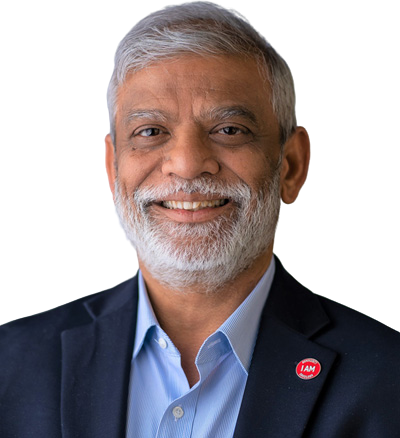Cancer Screening
It saves lives and reduces the total cost of care during the lifetime of beneficiariesMammography
Close to 30% of women did not get a mammography to detect breast cancer between 2017-2019 despite it being most curable when caught in early stagesProstate Cancer
African American males with prostate cancer, stomach cancer, or multiple myeloma have a 2 times higher likelihood of dying from prostate cancer compared to Caucasian male


